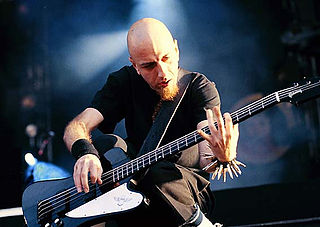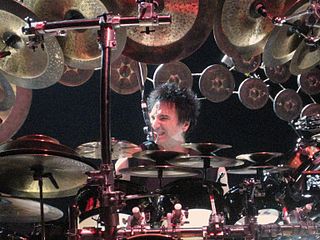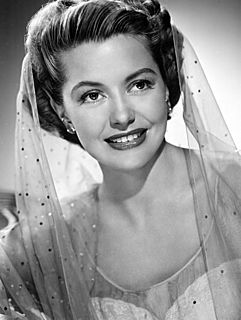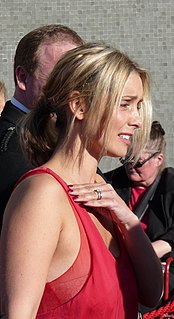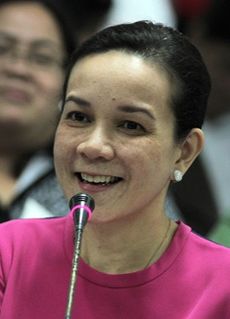A Quote by Shavo Odadjian
I didn't know you had to do so much to be a director. I thought, 'I can do it. I can write a treatment.' I didn't know about shot lists.
Related Quotes
I had been composing just for myself, and people would say I played so orchestrally, and wondered if I thought about having someone write a piece for me for an orchestra. And I thought, I don't want someone else to write that. You know I finally had made an overhead chart of my drums and what pitches the cymbals and toms were tuned to, and what have you. And I started to compose just with what I had for my solo drumming.
If I had stood at the free-throw line and thought about 10 million people watching me on the other side of the camera lens, I couldn't have made anything. So I mentally tried to put myself in a familiar place. I thought about all those times I shot free throws in practice and went through the same motion, the same technique that I had used thousands of times. You forget about the outcome. You know you are doing the right things. So you relax and perform.
I write about the power of trying, because I want to be okay with failing. I write about generosity because I battle selfishness. I write about joy because I know sorrow. I write about faith because I almost lost mine, and I know what it is to be broken and in need of redemption. I write about gratitude because I am thankful - for all of it.
With "Margaret," I remember clearly it was, you know because I did remember it clearly. I was young. I was young in terms of experience and what did I know about and I had an incredible memory from my own childhood. And so it never occurred to me to write for any other age group. And I thought I'm going to write a book and I'm going to tell the truth.
